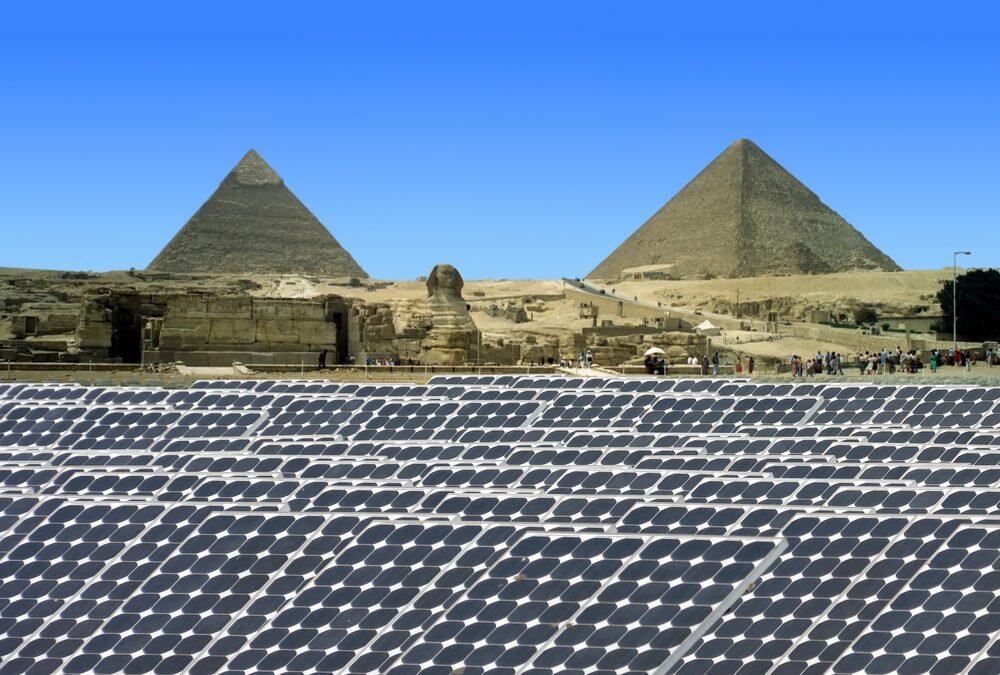Egypt has reduced solar power feed-in tariffs as the country’s solar power market expands and attracts several international developers.
The Ministry of Electricity and Energy recently announced that it will reduced the feed-in tariffs for solar power projects. Projects with size of 500 kW to 20 MW will now have feed-in tariffs of US¢7.8/kWh, down from US¢13.6/kWh while projects of size 20-50 MW will see feed-in tariffs fall from US¢14.0/kWh to US¢8.4/kWh. These tariffs will be applicable to the second phase solar power projects implementation.
Egypt plans to set up 2 GW wind energy and 2.3 GW solar power capacity by 2022. It also plans to increase the share of renewable energy in the electricity market to 20% by the same year.
A number of international project developers are working on a large-scale solar power park at Aswan. A total of 39 companies have signed agreements to set up solar power projects at the solar power park. The companies that signed project developer agreements include Enel Green, EDF, Access Building Energy, and Building Energy Alliance. Companies that had signed the agreement earlier included TAQA Arabia, Cairo Solar, Orascom, Lekela Power (a joint venture between Mainstream Renewable Power and Actis).
As part of the agreements, the companies will be required to pay certain amount for the construction of infrastructure including roads and substations. The companies will also have to may some additional payments towards the development of power evacuation infrastructure.
The solar power park is expected to be developed at a total cost of $3 billion. According to local media reports, the government will offer the projects for development to prospective developers through usufructs, meaning the land for the projects will likely be owned by the government, but that developers will be allowed to set up their projects and derive profits.
Finance for this solar power park has already been trickling in. The European Bank for Reconstruction and Development has earmarked $500 million to support solar power projects in Egypt.
Source: Planet Save











